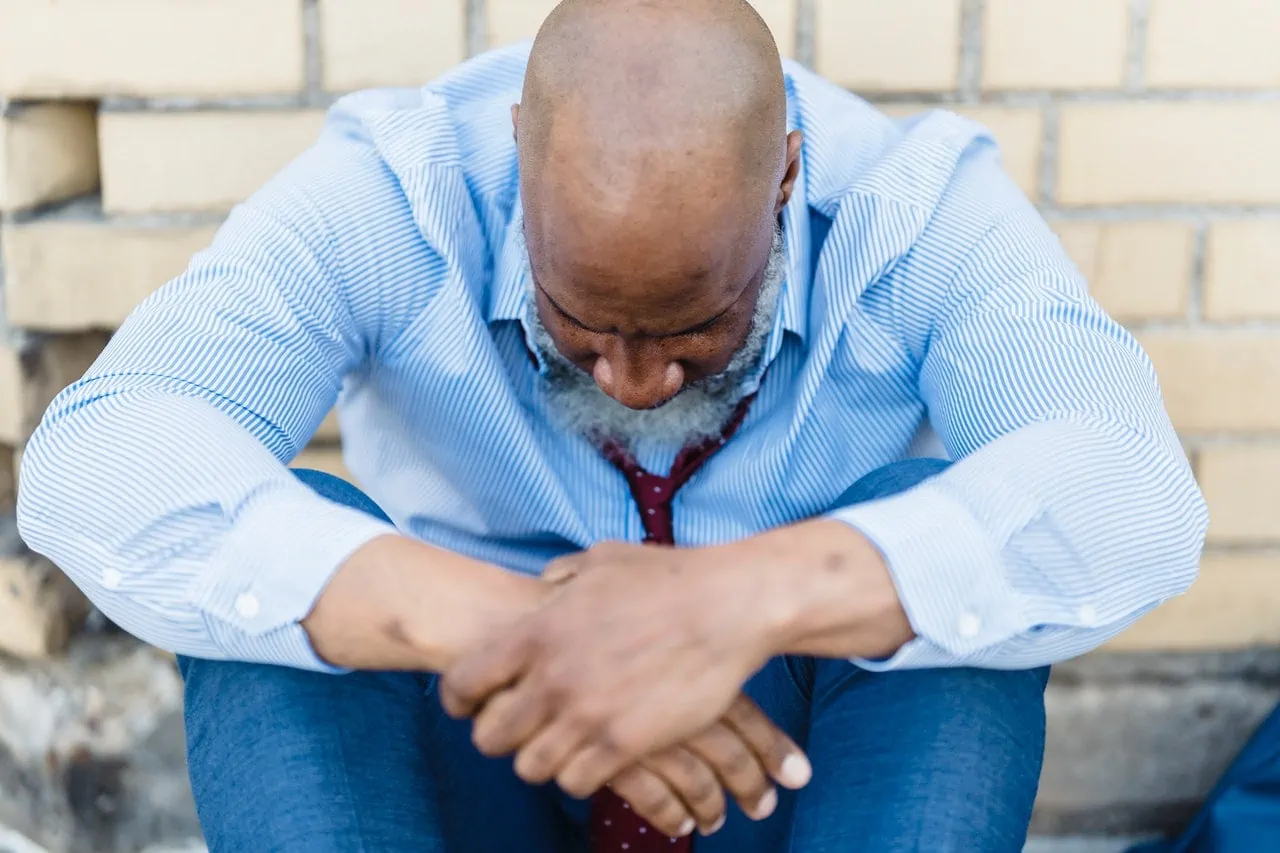
Anxiety And Opioid Use Disorder
Many people who become addicted to drugs like Oxycontin or fentanyl also have a mental health disorder. Some people describe their addiction as a form of self-medication. So it’s no surprise that many people who live with opioid use disorder find themselves diagnosed with an anxiety disorder. In addition, studies show that many people who use opioids or go through opioid withdrawal in detox are later diagnosed with an anxiety disorder, including Post Traumatic Stress Disorder.
Why Are People With Anxiety Addicted To Opioids?
People who misuse opioids aren’t doing it because they want to become addicted. Usually, they do it to get more of the effects of the drug. Most opioids provide the brain with a sensation of deep relaxation and euphoria.
People with anxiety disorders often have trouble relaxing or slowing down after a stressful day. Opioids can provide what feels like relief from those feelings.
People who take more of an opioid than prescribed, or buy them through illicit means, are likely to have an opioid use disorder. They may continue to use drugs despite significant problems such as job loss, legal troubles, divorce, or other issues.
Withdrawal Symptoms And Anxiety
As a person becomes addicted to a substance, their brain changes. Over time, they may experience symptoms of withdrawal from opioids. For people who already live with anxiety, this can cause it to feel more intense.
Medication-Assisted Treatment can help lessen the physical symptoms of withdrawal. When a person with anxiety gets sober, they should also get counseling and screening for mental health disorders. There is more room for growth and success by treating the whole person.
Many people find that their anxiety symptoms get better after being sober for a while, and their body has adjusted to life without opioids.
Anxiety, Trauma, And Addiction
Many people who are addicted to substances also have a history of trauma. Sometimes this trauma is considered intergenerational, meaning it’s a trauma that has been passed down in the family. Addiction often involves intergenerational trauma.
Anxiety is a normal emotion. However, some people have anxiety disorders. If you are self-medicating your anxiety, you are more at risk for a substance use disorder.
Getting Help For Opioid Use Disorder
If you or somebody you love need help with opioid addiction, we’re here to answer your questions. We’ve helped people throughout North Carolina get access to Medication-Assisted Treatment and therapy. Learn how we can help you by calling 910-295-7246.
If you are in need of help, please call us at: 910-295-7246 or message us.
Categories
Mental Health
